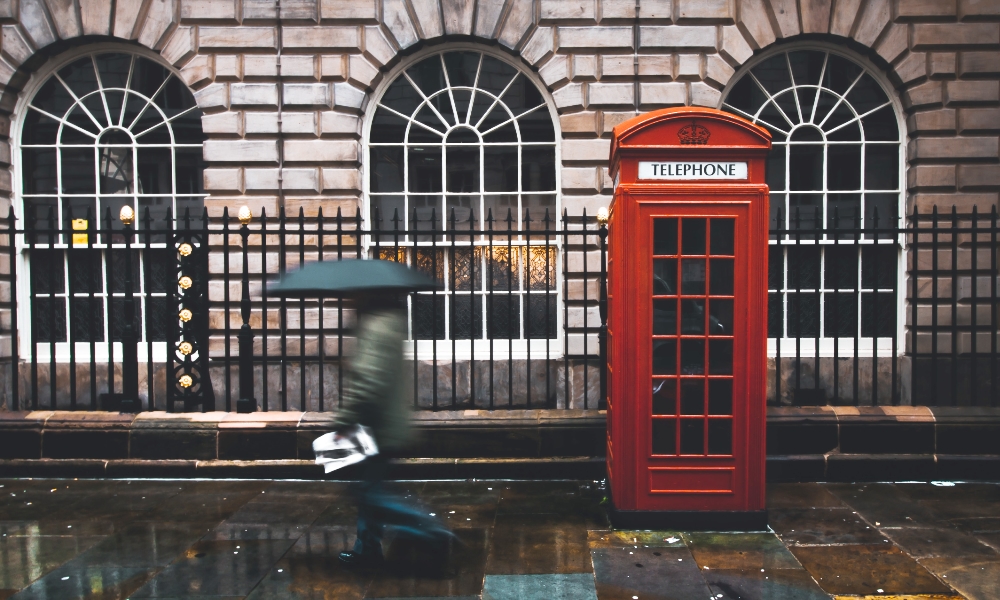FaceTime and iMessage May Be Shut Down in the UK if New Surveillance Bill Passes
 Credit: Jack Finnigan
Credit: Jack Finnigan
Toggle Dark Mode
The UK government has proposed controversial changes to its Investigatory Powers Act that would force Apple to shut down FaceTime and iMessage in the country rather than agreeing to weaken its encryption standards.
According to BBC News, the new bill would require messaging services to have new security features approved by the Home Office before releasing them to customers. The Home Office could demand that those security features be disabled or have certain backdoors in place to allow the government to intercept private communications — all without informing the public.
While the Investigatory Powers Act (IPA) already provides the Home Office with these powers, it currently requires a review with an independent oversight process and allows tech companies like Apple to appeal before they’re required to take any action.
Under the proposed changes, while technology companies could still appeal such an order, they would have to comply with a Home Office request immediately, opening up secure messaging traffic to government scrutiny without any public oversight.
Last month, the Home Office opened up a public consultation on the proposed revisions to the IPA, claiming that these are “not about the creation of new powers” but are intended to improve “long-standing powers” to “ensure continuity of lawful access to data against a background of changing technology.”
The BBC notes that the Home Office claims the Investigatory Powers Act was designed to “protect the public from criminals, child sex abusers and terrorists.”
However, critics of the act refer to it as a “snooper’s charter,” and Apple and several other tech companies have pushed back hard. WhatsApp and Signal have both opposed a clause in the Online Safety Bill that would require them to “install technology to scan for child-abuse material in encrypted messaging apps and other services.” Signal says it will pull out of the UK entirely if this happens.
Apple has expressed even broader opposition to the plan. BBC News obtained a copy of the nine-page document Apple submitted to the consultation. In it, the company speaks against the requirement to tell the Home Office of changes to product security features before they’re released and the idea that non-UK-based companies should be required to make changes under UK law that would affect customers globally.
The proposals “constitute a serious and direct threat to data security and information privacy” that would affect people outside the UK.
Apple (via BBC News)
Apple maintains that making the changes required by the IPA would weaken its products for all users globally by providing a backdoor to end-to-end encryption, and that is simply not an option. In the submission, Apple makes it clear that it will remove encrypted messaging services such as FaceTime and iMessage from the UK entirely rather than complying with the new proposals.
Two years ago, Apple rolled out a controversial proposal for scanning for child abuse images being uploaded to iCloud Photos. However, what Apple was proposing at the time was significantly more private and secure than what the UK government is asking for — and it had nothing to do with messaging.
Apple’s CSAM Detection was confined to only those photos being uploaded to iCloud Photos and used extremely sophisticated detection algorithms that meant no human would ever see those photos unless a significant number were flagged — and even then, these would be reviewed by Apple staff to verify an actual problem before law enforcement became involved.
Apple’s CSAM proposal seemed like a calculated move to appease lawmakers who had threatened to impose their will on Apple and legislate back doors into Apple’s encrypted products and services, which is precisely what the UK is doing here.
Still, even with all these precautions in place, Apple ultimately dropped the plan after significant public backlash and then proceeded to add end-to-end encryption to nearly every aspect of iCloud anyway, including iCloud Photos and iCloud device backups.
The Home Office told the BBC that “we keep all legislation under review to ensure it is as strong as it can be and this consultation is part of that process – no decisions have yet been made.”






